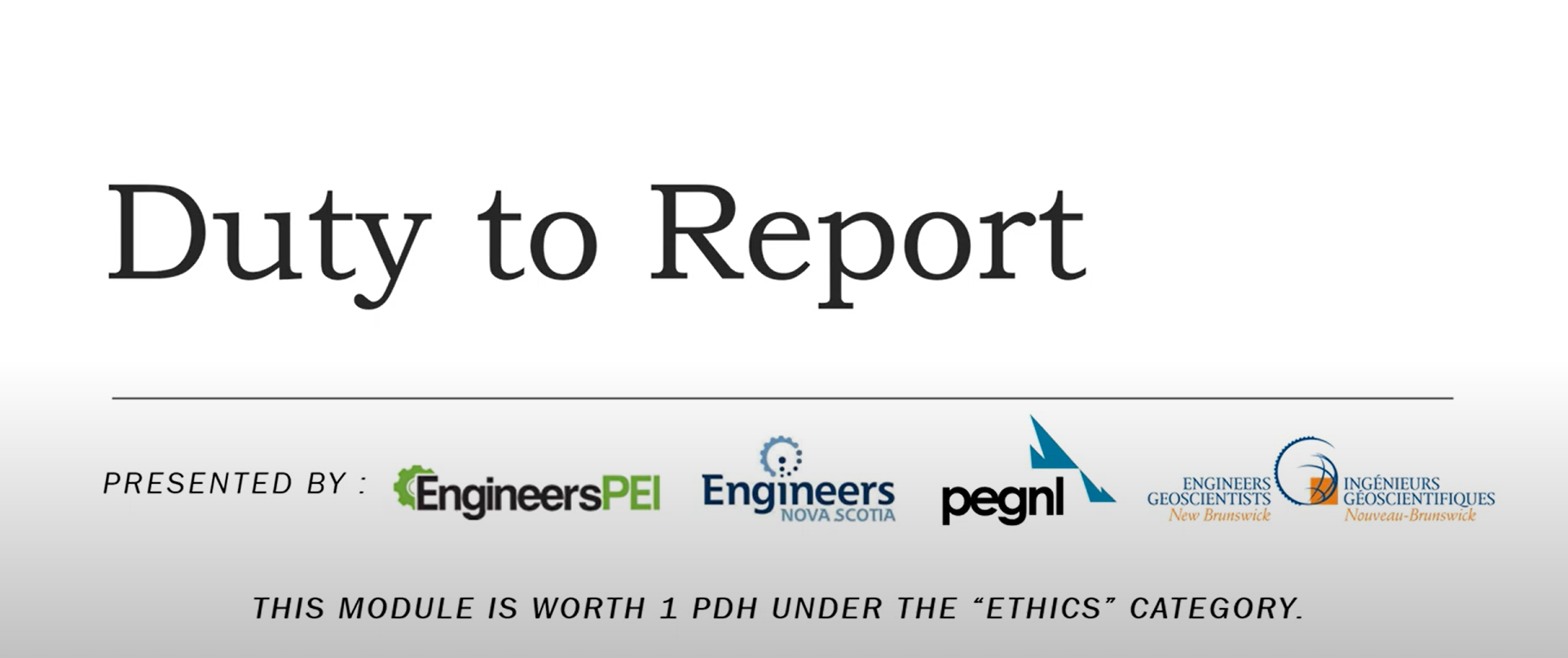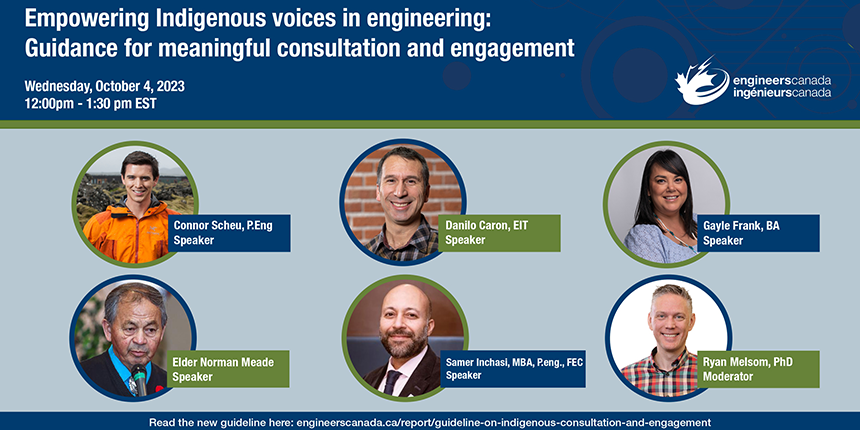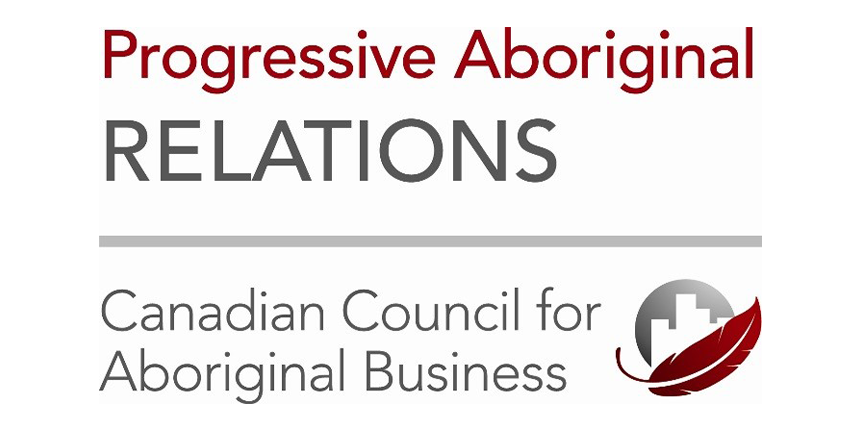

This professional development session explores the ethical evolution and modernization of the Canadian "Calling of an Engineer" (Iron Ring) ceremony. In a panel discussion facilitated by Engineers Canada, industry leaders—including Engineers Nova Scotia CEO, DS (Pal) Mann, CD, FCSSE, ICD.D., P.Eng.—discuss the ethical responsibilities, social obligations, and professional integrity expected of today's engineers. Registrants will gain insight into contemporary ethical considerations such as Equity, Diversity, and Inclusion (EDI), Truth and Reconciliation, sustainability, and societal impacts of engineering decisions. The session emphasizes how ethical commitments, symbolized by the Iron Ring, guide professional conduct and contribute to public trust in the engineering profession.

This webinar provides guidance on meaningful consultation and engagement with Indigenous communities in engineering projects. Developed through Indigenous-led collaboration, it emphasizes ethical responsibility, relationship-building, and reconciliation within engineering practices. The session introduces a national guideline produced by Engineers Canada and highlights lived experiences and perspectives from Indigenous engineers, elders, and community leaders.

In recognition of Pride Month 2025, this webinar explores what active allyship looks like in engineering and related fields. Professionals from engineering, technology, trades, and finance share insights on how to meaningfully support 2SLGBTQI+ colleagues and build more inclusive workplaces.

This webinar introduces the Progressive Aboriginal Relations (PAR) Program, a national certification developed by the Canadian Council for Aboriginal Business (CCAB) to guide organizations in building strong, ethical relationships with Indigenous communities.
Presented by Engineers Canada in partnership with CCAB, the session explores how the PAR framework supports ethical practice through leadership, employment, business development, and community engagement.
Participants will gain insights into how engineering organizations can contribute meaningfully to reconciliation and align with the Truth and Reconciliation Commission’s Calls to Action.

This session explores how to create inclusive and supportive engineering workplaces for 2SLGBTQ+ individuals, focusing on inclusive culture, professional responsibility, and practical strategies for allyship—supporting and advocating for marginalized colleagues.
